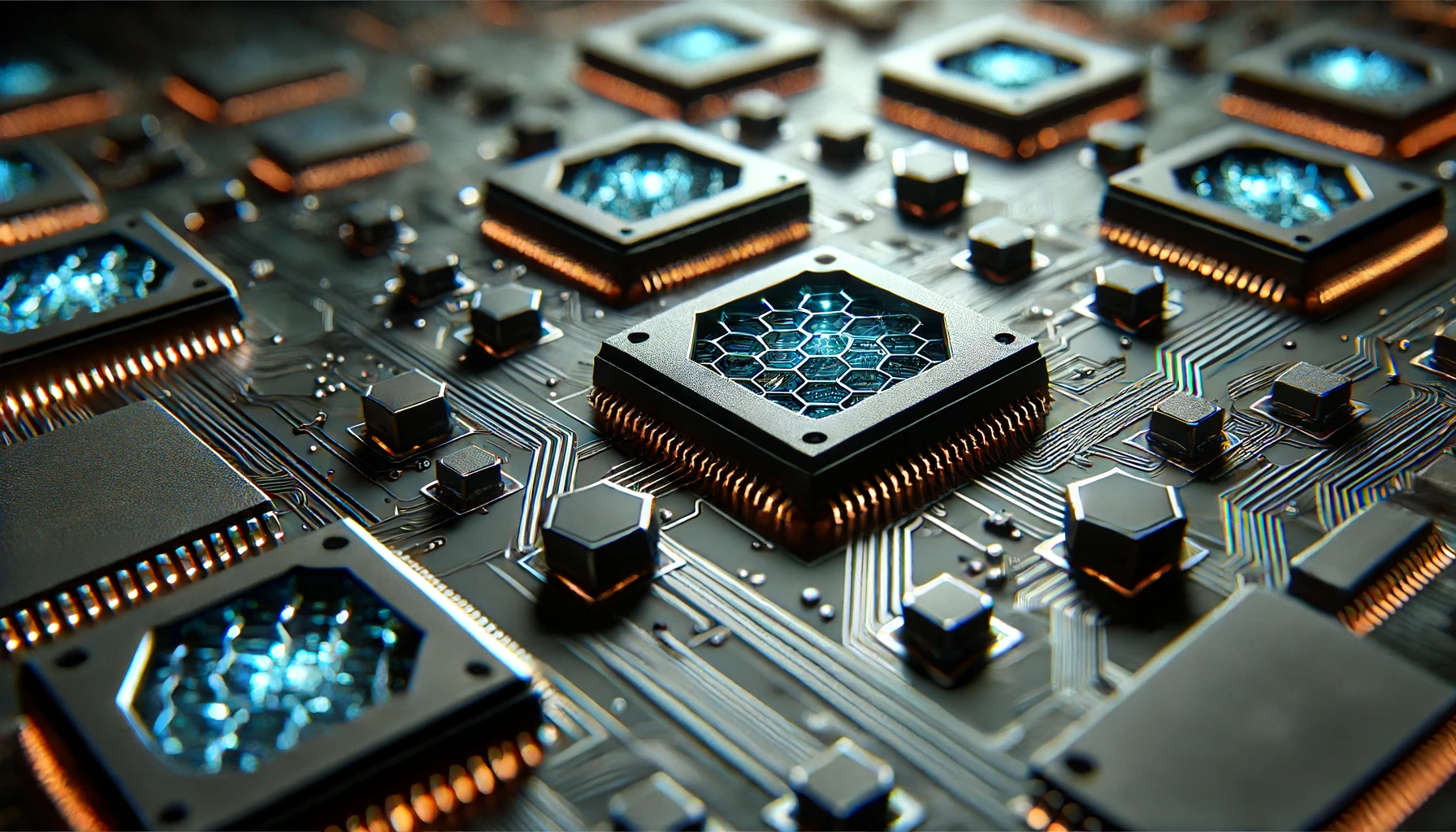A judge has dismissed key claims in a billion-dollar class action lawsuit against Microsoft, OpenAI, and GitHub, impacting the future of AI-generated coding and intellectual property.
Points
- Key claims in a class action lawsuit against Microsoft, OpenAI, and GitHub have been dismissed.
- The lawsuit involves the use of intellectual property to train the “GitHub Copilot” AI coding software.
- The judge’s decision could influence future cases involving AI and intellectual property.
- The ruling may impact the development and deployment of AI-generated coding tools.
A significant development has occurred in the ongoing billion-dollar class action lawsuit involving Microsoft, OpenAI, and GitHub. The judge overseeing the case has dismissed key claims, impacting the future of AI-generated coding and intellectual property rights.
Doe(s) v. OpenAI/GitHub/Microsoft
The lawsuit, brought by five anonymous complainants labeled as “John Doe,” centers around the alleged unauthorized use of intellectual property to train the “GitHub Copilot” AI coding software. The dismissal of key claims by Judge Tigar, filed on June 24, marks a pivotal moment in this high-profile case.
Impact on Artificial Intelligence and Intellectual Property
The lawsuit has been closely watched by the tech and legal communities, with many seeing it as a test case for the intersection of AI and intellectual property rights. The dismissal of claims suggests that the court did not find sufficient grounds to hold Microsoft, OpenAI, and GitHub liable for the alleged unauthorized use of code.
Broader Implications for AI-Generated Coding
This ruling could have far-reaching implications for the development and deployment of AI-generated coding tools. If upheld, it may set a precedent that allows tech companies to continue using open-source code to train AI models without facing significant legal challenges. This could accelerate innovation in the field of AI-generated coding while raising questions about the protection of intellectual property.
Conclusion
The dismissal of key
Conclusion
The dismissal of key claims in this class action lawsuit is a significant development that could shape the future of AI and intellectual property law. For Microsoft, OpenAI, and GitHub, the ruling represents a substantial victory that may pave the way for continued innovation in AI-generated coding tools. However, the broader implications for intellectual property rights and the open-source community remain to be seen as the legal landscape continues to evolve.
解説
- The judge’s dismissal of key claims suggests insufficient grounds for holding the defendants liable for the alleged unauthorized use of code.
- This ruling could set a precedent that encourages the use of open-source code to train AI models, potentially accelerating technological advancements in AI-generated coding.
- The decision highlights the ongoing tension between innovation in AI and the protection of intellectual property rights, a critical issue for the tech industry.
- As the legal framework around AI and intellectual property develops, stakeholders will need to balance the benefits of AI innovation with the need to protect the rights of creators and developers.
